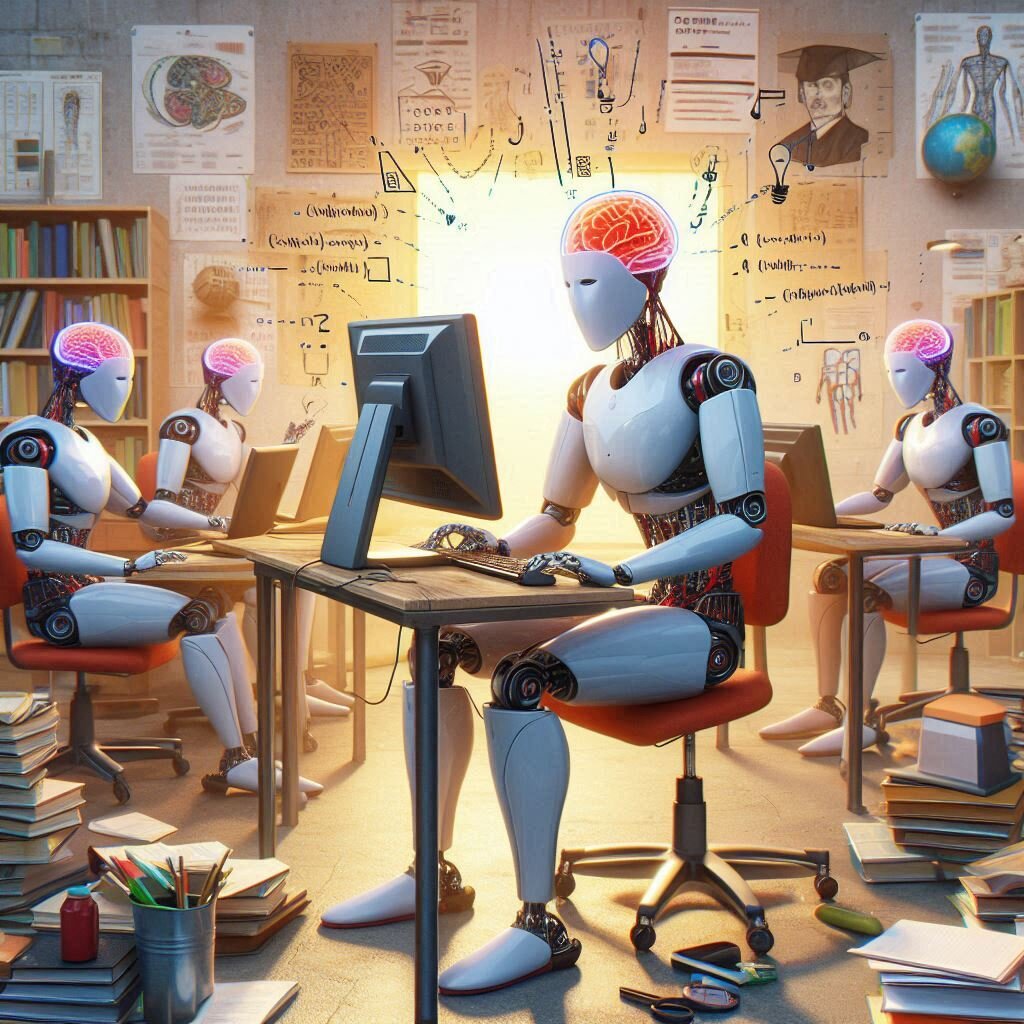Introduction
In an era where artificial intelligence (AI) and automation dominate industries, a common question arises: Are computers stupid? While computers can process information at lightning speed, perform complex calculations, and even mimic human-like intelligence, they are still bound by limitations. This article explores the intelligence of computers, their shortcomings, and whether they can truly be considered “stupid.”
The Nature of Computer Intelligence
Computers Process Data, Not Understanding
Computers operate based on algorithms and programmed instructions. Unlike humans, who learn through experiences and emotions, computers rely purely on data and logic. They lack intuition and the ability to comprehend context beyond what they are explicitly programmed for.
The Power of Algorithms
Computers can perform tasks that would take humans hours, even days, within seconds. This is due to powerful algorithms and immense computational speed. However, these abilities do not equate to independent thinking or reasoning. They simply execute predefined instructions.
The Limitations of Computers
Lack of Common Sense
Computers do not possess common sense. While AI can be trained to recognize patterns, it cannot understand concepts the way humans do. For instance, if asked, “Can an elephant fit in a fridge?” a computer without context might struggle to grasp the obvious no.
No Creativity or Original Thought
Despite advancements in AI-generated art and content, computers do not create in the same way humans do. They analyze existing data and produce variations, but they lack true creativity, imagination, or emotions.
Dependence on Human Input
A computer cannot function without human-designed software, instructions, and maintenance. Even AI requires training data provided by humans to operate efficiently.
Inability to Adapt Beyond Programming
Computers can learn patterns through machine learning, but they cannot adapt outside of their programming. Unlike humans, who can solve problems in novel ways, computers are bound by their initial training data.
The Illusion of Intelligence: AI and Machine Learning
Artificial Intelligence Mimics Human Behavior
AI, especially in applications like chatbots, voice assistants, and image recognition, creates the illusion of intelligence. However, AI doesn’t think—it processes data based on probabilities and learned patterns.
Machine Learning vs. True Understanding
Machine learning allows computers to improve over time by analyzing vast amounts of data. However, this is not the same as human learning. AI cannot form independent thoughts or understand emotions like humans do.
Are Computers Truly Stupid?
Defining Intelligence
If intelligence is the ability to compute, store, and retrieve information quickly, then computers are exceptionally “smart.” However, if intelligence is the ability to think critically, adapt independently, and understand emotions, then computers fall short.
Computers Excel in Precision but Lack Depth
Computers outperform humans in specific tasks like calculations, data processing, and automation. However, they lack the depth of understanding, emotion, and intuition that make humans uniquely intelligent.
Conclusion: The Role of Computers in Our World
Computers are neither inherently smart nor stupid—they are tools that extend human capabilities. While they excel in speed, efficiency, and automation, they still require human input and lack independent thought. As AI continues to evolve, the line between machine intelligence and human cognition may blur, but for now, computers remain powerful yet fundamentally limited tools.

Caleb Carlson is a contributing writer at Computer Site Engineering, specializing in computer technology, software trends, and hardware innovations. His articles simplify complex tech topics, making them accessible to readers of all levels.





